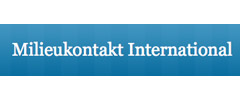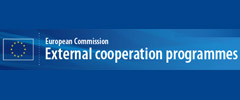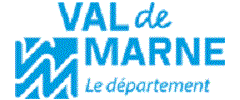Drinking Water Supply
One of the four key thematic areas of the ELA program
12.03.2009 |Gero Fedtke
Protecting DRINKING WATER sources and improving SUPPLY
Safe drinking water is an important precondition for human health, as is observing basic hygiene rules. A high nitrate level in the groundwater is an indicator of anthropogenic pollution. All ELA partner collect data on the nitrate content in the drinking water of their project communities.
The Green Movement of Georgia found up to 500 mg/l in the water from shallow villagers in Western Georgia were using. This is far beyond the limit. The villagers were suffering from frequent epidemic outbreaks of diseases like hepatitis C. A twofold approach alleviates the problem: Urine Diverting Dry Toilets significantly reduce the groundwater pollution. New deeper wells make water of better quality available. 13 wells of ca. 11 meters depth were drilled using innovative low-cost technologies. Due to intensive awareness raising and formation of village committees, behavior has changed and the demand for the wells and toilets is very high.
Neglect and business interests pose the biggest threat to the only source of safe drinking water for the village Bashtanovka and many neighboring villages in Tatarbunary region of Odessa Oblast, Ukraine. Many have to drive far distances several times a week with canisters or barrels to this natural spring, which is left unprotected in practice and by law, and might be privatized. The Regional public ecological organization Vidrodzhennya worked hard to achieve the legalization of a formal water protection zone around the source, as Ukrainian law requires. To achieve a broad consensus and support, round tables were organized with all stakeholders. Some regional business men are financing the renovation of the protection facilities around the spring.
In many villages in northern tajikistan, the problem is neither the quality nor the legal status of the drinking water, but the deteriorated supply systems. The ELA partner ASDP NAU facilitated the repair of boreholes, pumps and pipe systems in 6 communities. New initiative groups will monitor the long-term status of the object, perform maintenance and repair, and collect fees from the 2000 users.
Contact:
gero.fedtke@wecf.eu
This article is part of the ELA annual report 2008.
Related News
Meet the Winners of the Gender Just Climate Solutions Award at COP24
On the 70th anniversary of the Universal Declaration of Human Rights, we awarded Gender Just Climate Solutions Winners at the climate negotiations in Katowice, Poland
11.12.2018
Invitation: Gender Just Climate Solutions Award 2018
10 December, COP24 Katowice
04.12.2018
Getting to the Future We Want
4-7 November, Brussels: European Environmental Bureauís (EEB) Annual Conference
12.11.2018
GoodFood4All
WECF and partners all over Europe start GoodFood4All Campaign
06.11.2018
#Ruralwomen: join our Women2030 campaign!
15.10.2018







































